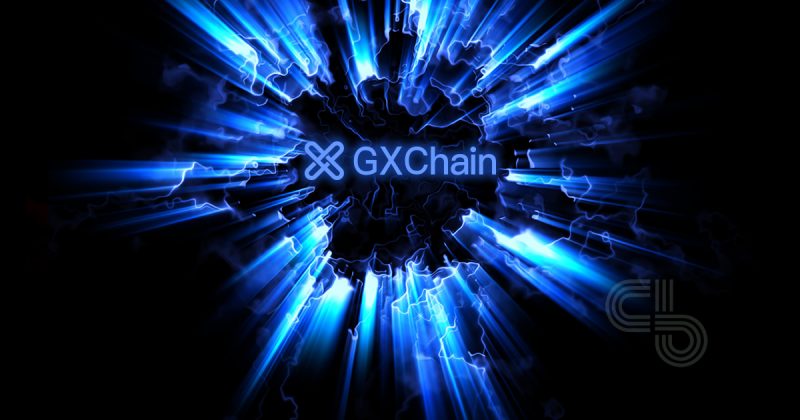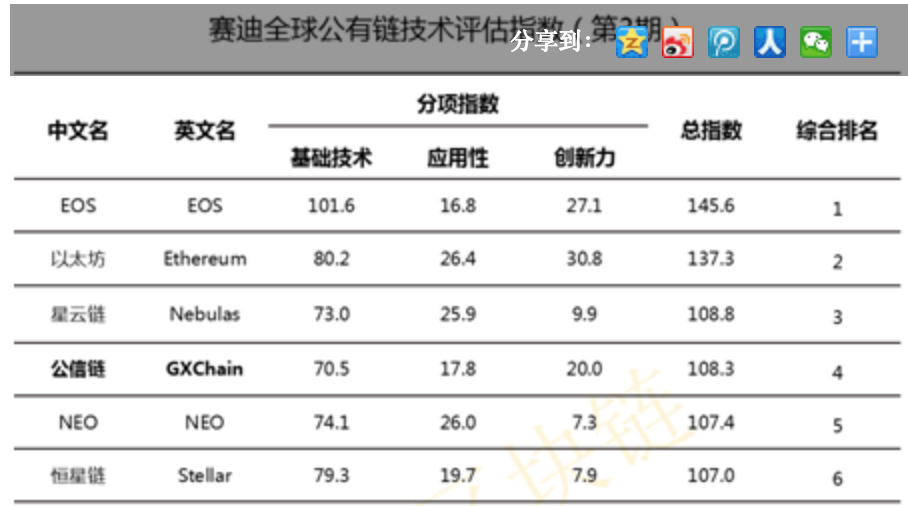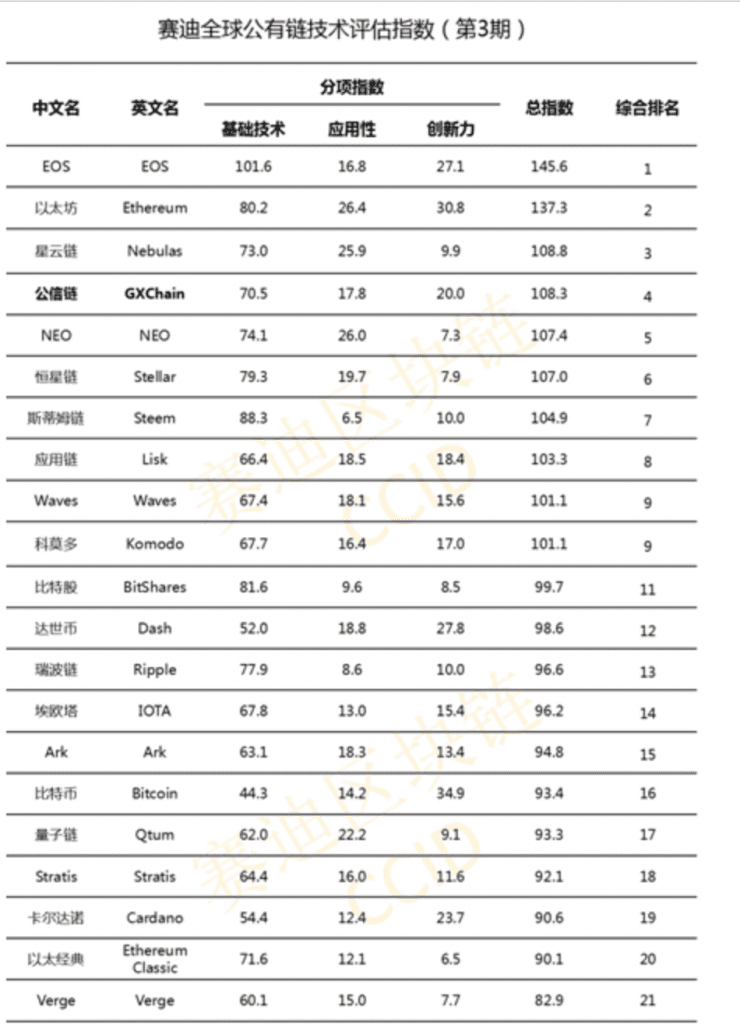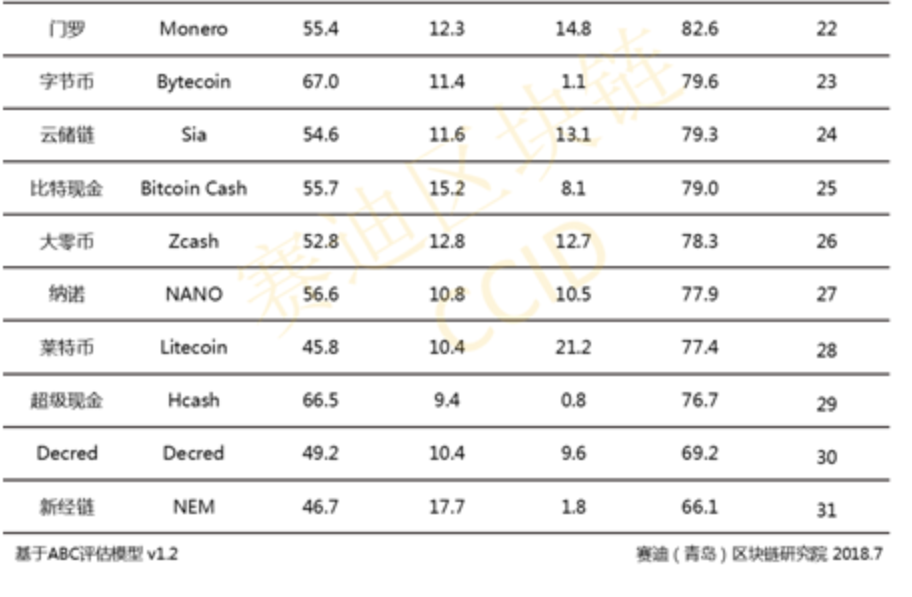
China Government Takes Sudden Interest In GXChain
China has issued it’s third official blockchain rankings, and the results are…interesting. GXChain is new to the CCID charts - but why?
China’s government has issued it’s third official Global Blockchain Assessment Index, and the results are interesting. While it’s no surprise that the Chinese government has its own metrics for ranking crypto-technology, the latest scores offer some big surprises, and include a new project: GXChain.
Most things haven’t changed from June’s rankings. EOS and Ethereum still lead the pack, the former with better “Technology” and the latter with more “Applications.”
Otherwise, the big winner this month is GXChain, at a very surprising fourth place. GXChain (gong xin lian, ‘public information chain’) got a better “Technology” score than Lisk, a better “Application” score than EOS, and better “Innovation” than NEO and Stellar combined. Don’t feel embarrassed if you’ve never heard of it; in the rest of the world, GXChain ranks at a relatively modest 57th by market capitalization.
Based on their website, GXChain is a marketplace for personal data and file storage, with real ID verification.
In the body of the report, the CCID Blockchain evaluators single GXChain out for special mention:
…GXChain is a blockchain mainly for massive data exchange and application development. It is used to establish a trustworthy all-around data-exchange-for-value network based on blockchain. In terms of technology, the GX chain adopts the blockchain graphene underlaying structure, which has certain performance advantages, and has the G-ID, GVM functions. In terms of application, the GXChain dApp Blockcity already has a million real-name users, as well as a data service platform for enterprises serving over a hundred companies. GXChain is developed by a Chinese technology team, with its main network launched in June 2017. In this issue’s technical evaluation, GX chain’s total score is 108.3, ranking the fourth on the list.
It’s not particularly surprising that China’s referees would wave at a home team; the first CCID Blockchain Assessment Index, for example, made a special point of name-checking local projects like NEO. But this is the first time they’ve rooted for a relatively unknown team. Other Chinese-led projects, like Tron and VeChain, have also launched high-profile mainnets, but they didn’t even make the list.
One perfectly reasonable explanation might be that the Western media have neglected an important and promising technology project. It wouldn’t be the first time, or the last, that an Asian headline was pushed off the front page.
A more cynical interpretation might be that someone with a lot of guanxi pulled a few strings at the CCID to get a special mention. That might sound a bit conspiratorial, if GXChain were not such an unknown project. They even put the name in boldface:
Otherwise, there haven’t been many few big changes. Dash and Nebulas both rose several places, and Ripple fell all the way to 13th (apparently, no one told China to call it ‘XRP’). Monero tanked even further, from 13th all the way to 22nd.
While the methodology remains opaque, this month’s report does cast a bit more light on the CCID’s criteria. “The innovation evaluation focuses on the continuous innovation of open source code, including the number of contributors, code updates and code influence,” the report says. “Because most blockchain codes are continuously updated, the index changes in each phase are relatively large.”
That explains some of the fluctuations in “innovation” scores over the past three months, and it could be how such a low-profile project managed to fly under our radar. Depending on how reliably the scores are calculated, we could be in for a GXChain moon in the coming year.
Check out the full rankings, below.
Echo Wei assisted with translation.
The author is not invested in GXChain, but he does have investments in Ethereum, NEO and other cryptocurrencies mentioned in this article.



